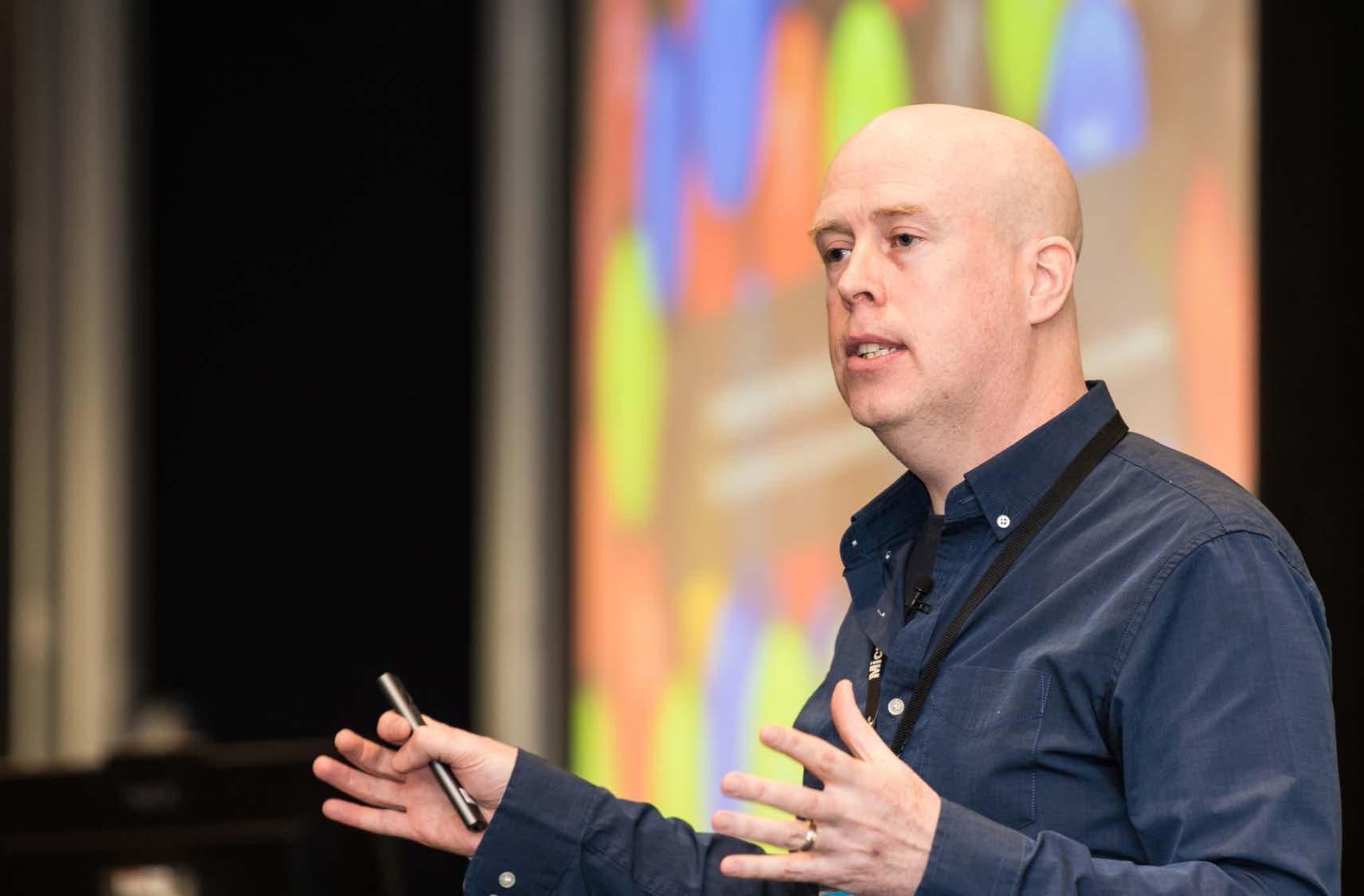
2 minute read
Cathal O’Connor (Microsoft Ireland & UCD
Author: Cathal O’Connor, Principal Data Scientist, Microsoft Ireland & PhD part time at UCD
Contact Details: cathoc@microsoft.com
Theme: Improving the Student Experience through Digital Enhancement
Title of Poster: Inclusive learning through intelligent technology
Abstract: The Dyslexia Association of Ireland defines dyslexia as a specific learning difficulty affecting the acquisition of fluent and accurate reading and spelling skills. Dyscalculia primarily affects the learning process in relation to mathematics. Dyslexic and dyscalculia difficulties occur on a continuum from mild to severe and affect approximately 10% of the population in Ireland. People with dyslexia and dyscalculia may experience greater stress and frustration as they endeavour to learn, resulting in heightened anxiety. Dyslexia and dyscalculia are not easy to detect, they are often hidden disabilities. Empowerment begins with inclusion. For educators, diversity demands they provide inclusive, accessible learning environments that inspire confidence and encourage independence. Inclusive education tools give more students personalised access to their curriculum, optimize teacher time, and improve learning outcomes for students with and without dyslexia and dyscalculia.
Luz Rello et al. (2020) describe how machine learning techniques are broadly used in medical diagnosis. The scope of their study was to determine whether people with and without dyslexia can be screened by using machine learning with input data from the interaction measures when being exposed to gamified linguistic questions through an online test. The study had 4,333 participants (469 with professional dyslexia diagnosis), and the model reported as correctly detecting 79.5% of participants with dyslexia.
The aim of my thesis is to increase the adoption of assistive technology for people with and without dyslexia and dyscalculia in a personalised way, using an assistive technology recommendation system based on Gamification and Artificial Intelligence (AI). To my knowledge, it is the first application of Gamification and AI to recommend assistive technology for people with and without dyslexia and dyscalculia in a personalised way, making education more engaging and inclusive for everyone.
Ireland. People with dyslexia may experience greater stress and frustration as they endeavour to learn, resulting in heightened anxiety, particularly in relation to literacy acquisition. Empowerment begins with inclusion. For educators, diversity demands they provide inclusive, accessible learning environments that inspire confidence and encourage independence. With daily challenges and limited resources, educators need to be confident they can optimise learning for a diverse population, as well as meet professional goals and standards. Inclusive education










